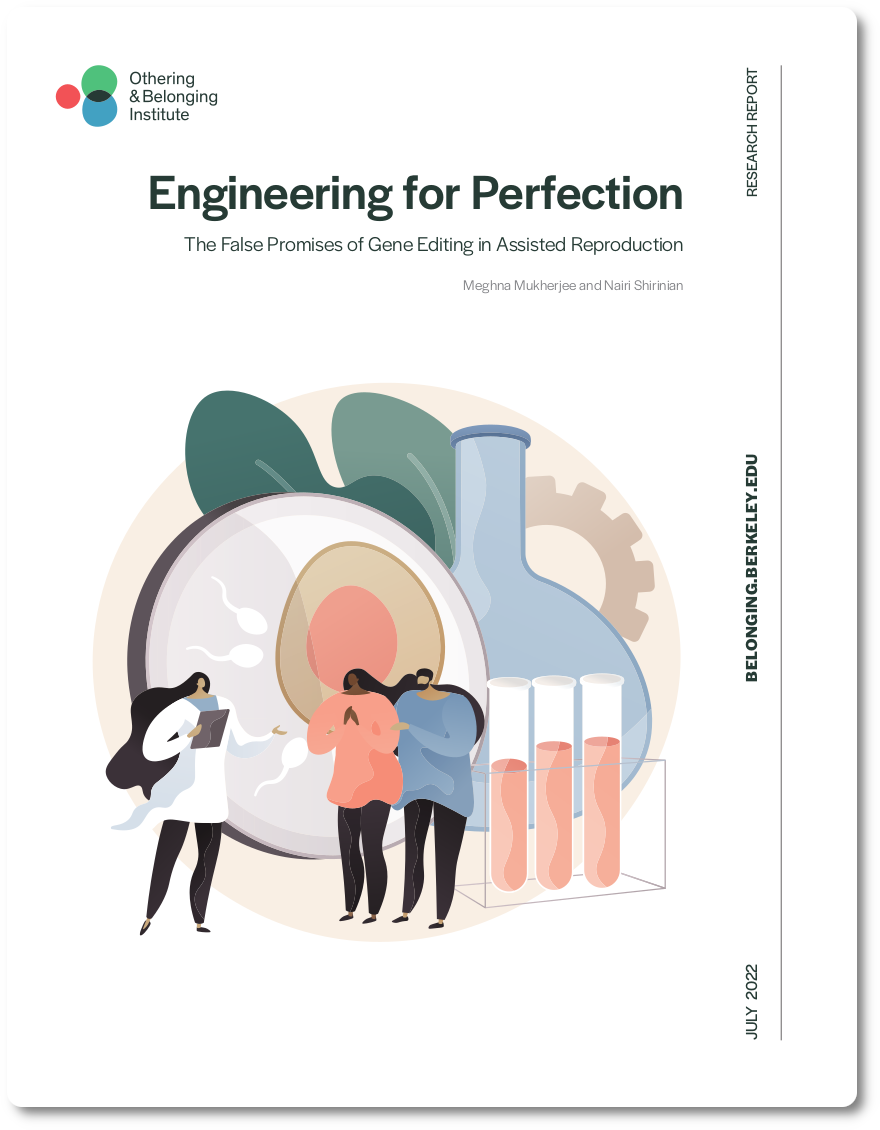Download a PDF of this report.
CRISPR and other methods of gene editing have captured the public imagination, spurring countless lectures, articles, and think pieces about how this technology can shape humanity. Many of these conversations are concerned primarily with the seemingly boundless “potential” of human gene editing to both treat diseases in existing patients and alter the genes of future children and generations. The ethical implications of using technology to permanently alter the human genome are evident and often mentioned. But many discussions downplay the serious societal and ethical implications of human gene editing when they fail to assess it within the context of existing assisted reproductive technologies (ARTs) and the fertility industry. This brief extends public and policy discussions that contextualize human gene editing as an ART with scientific limitations and grave and irreversible social and political consequences.
This brief argues that the implications of human germline editing should be understood in the context of ARTs and the for-profit fertility industry—one that reproduces and exacerbates the health and social disparities created by already existing reproductive technologies. There are important synergies that need to be considered. ARTs allow people to have children. Yet, germline editing would let them control what kinds of children to have. This entanglement suggests that the debate concerning the ethical implications of using CRISPR in reproduction must be situated within existing conversations regarding ARTs. Viewing CRISPR through this lens allows us to critique the goals of germline editing and to better understand how this new technology might not only exacerbate existing social and ethical dilemmas around ARTs, but also create entirely new challenges.


